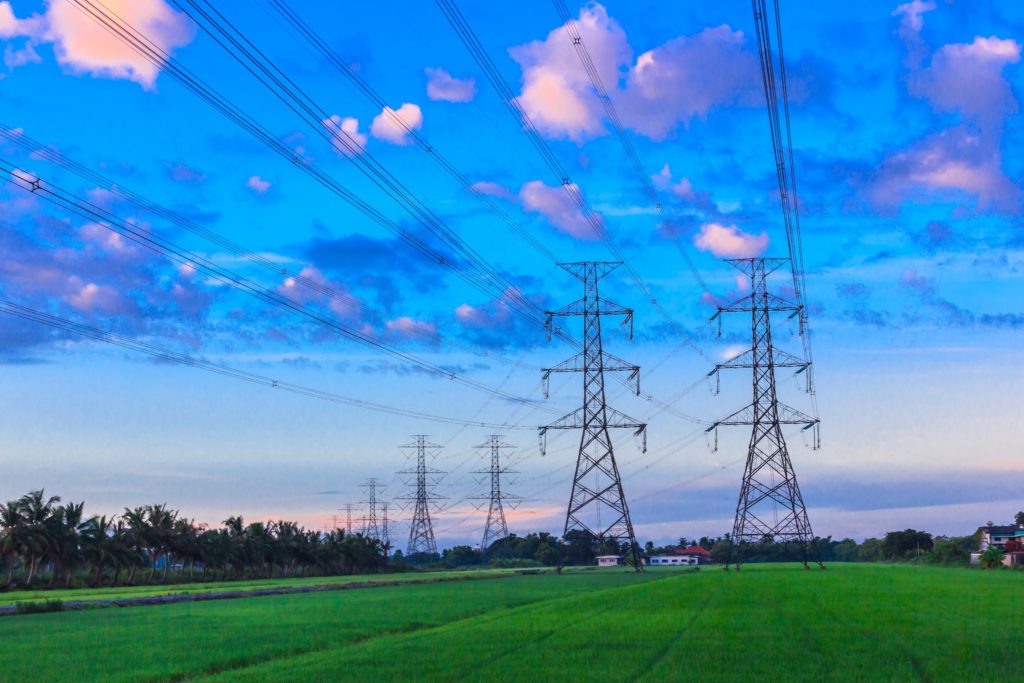Jerry Brown dirties the climate
Gov. Jerry Brown received some media attention last week after he left an angry message on Fresno County Sheriff Margaret Mims’ voicemail. Angry that Mims had signed a mailer opposing his measure (Proposition 57) to make it easier for “nonviolent” criminals to receive parole, Brown accused her of using “scare tactics that I think are unbecoming of a public official, and certainly will not build the kind of mutual respect and trust that we all need to do our jobs.”
The same day the Sacramento Bee reported on the voicemail, it also reported on the governor’s remarks following the passage of two bills to expand the state’s power to slash greenhouse-gas emissions. The governor blasted oil and gas companies who had opposed the measures (S.B. 32 and A.B. 197) using language that hardly leads to mutual respect. He attacked “very powerful lobbying by these organizations whose goal it is to keep the Earth and California dirty.”
Brown has never shied away from using scare tactics with regard to this issue. At a conference last summer at the Vatican, he worried that the Earth perhaps already has “gone over the edge” because of climate change. “We are talking about extinction. We are talking about climate regimes that have not been seen for tens of millions of years.” Is there a scarier political tactic than warning of human extinction if we don’t follow one specific set of policies?
The governor seems increasingly less interested in his old-time Jesuit value of fostering “mutual respect” and far more interested in ramming through a set of highly controversial policies, especially on criminal justice and climate-change issues. This has become obvious even to those who support justice reform and are concerned about climate change. As he faces his last two years in the governor’s office, Brown has shown a noticeable impatience. That’s the take-away from his latest two publicly reported, angry outbursts.
I’ve got no problem with his tart words. Unlike other politicians I’ve covered, Brown says what he means and is forthright and engaging. It beats pabulum. The problem, however, is such impatience, combined with his fanaticism on the climate-change issue, is leading to some far-reaching and radical legislation. We’re accustomed to conservatives labeling the Democratic-dominated Capitol’s environmental approach as radical. But even environmentalists and left-leaning observers are throwing around the “r” word.
This headline is from an Aug. 29 article on Vox: “California is about to find out what a truly radical climate policy looks like.” S.B. 32 doubles down on the state’s existing law to mandate a reduction in greenhouse emissions to 1990 levels by 2020. It requires state industries and residents cut emissions another 40 percent by 2030.
According to author Brad Plumer: “It’s hard to overstate how ambitious this is. Few countries have ever achieved cuts this sharp while enjoying robust economic growth.” The only countries (France and Sweden) that have achieved this, he wrote, did so by increasing their use of nuclear power — something off the table in anti-nuke California. “It will mean reshaping virtually every facet of the state economy, from buildings to transportation to farming and beyond,” he added. “California is essentially offering itself as a guinea pig in the world’s most important policy experiment.”
Perhaps the biggest problem with this approach can be found in Brown’s own words: “This is a real commitment backed up by real power.” That real power will come from the California Air Resources Board, which has nearly limitless authority to impose whatever edicts are deemed necessary to ensure those emission rollbacks. Even the bill’s legislative backers realize the problems here, given CARB’s reputation for being bureaucratic and heavy handed.
Indeed, the companion bill, A.B. 197, was necessary to garner enough votes to pass S.B. 32, which had failed to pass last session after an oil-industry lobbying campaign that targeted moderate Democratic legislators in economically hard-hit regions (e.g., the agriculturally rich San Joaquin Valley). This measure is a CARB oversight bill that mainly creates the Joint Legislative Committee on Climate Change Policies and requires more public transparency from the agency.
But it was driven by legislators in poor communities who are critical of the current cap-and-trade system that, according to the Capital & Main blog, “allows big polluters to pollute as long as they pay for credits or offsets purchased in other parts of the state or country. AB 197 requires that the (CARB)… target direct reductions at both stationary and mobile sources in those communities.” Another apparent goal is to force CARB to spend money from the cap-and-trade system more equitably in poorer legislative districts.
Cap-and-trade is California’s main system for dealing with climate change. As the Environmental Defense Fund describes it: “The ‘cap’ sets a limit on emissions, which is lowered over time to reduce the amount of pollutants released into the atmosphere. The ‘trade’ creates a market for carbon allowances, helping companies innovate in order to meet, or come in under, their allocated limit. The less they emit, the less they pay, so it is in their economic incentive to pollute less.”
Except the system isn’t working as planned. The quarterly auction of emission allowances in May “brought in a paltry $10 million as the Air Resources Board sold a tiny fraction of the allowances it was offering,”reported the Sacramento Bee’s Dan Walters. (The August auction was more successful, but still fell far short of goals.)
Apparently, the businesses forced to participate in this “market” are less enamored of it than its environmentalist champions. Walters notes “a fierce… debate over whether the cap-and-trade system can legally exist after 2020, or would have to be reauthorized by the Legislature,” and a California Chamber of Commerce lawsuit depicting it as a tax, “which would require a two-thirds legislative vote.” Those uncertainties clearly cast a pall on the auctions.
Brown is fully committed to cap-and-trade and is using the recently passed bills to strong-arm the business community into dropping its opposition to the system. “They’re going to get commands to do things,” Brown said, according to news reports, “and they’re going to plead for a market system called cap and trade so they can respond in a way that’s more beneficial to their bottom line.”
The state’s business community has for years tried to play ball with the Democratic leadership. One business strategy has been helping to elect “moderate” Democrats in swing districts rather than backing long-shot GOP candidates. “The number of so-called ‘moderate’ Democrats who suddenly voted for draconian climate regulations that harm the economy is a testament to the power of the liberal interest groups that really run the state Capitol,” said Jon Fleischman, publisher of the GOP-oriented Flashreport. Indeed, it was troubling to see so many “moderates” fold.
What’s really troubling, however, is what these measures will mean for the state’s economy. The additional costs imposed by CARB bureaucrats will make it tougher to keep manufacturing and agricultural jobs from fleeing. Additional land-use edicts mandating fewer suburban developments and an end to major freeway construction will mean higher home costs and more congestion. Radical policies will lead to radical results. This isn’t scare mongering. It’s just the truth.
Photo by Dan Holm / Shutterstock.com






